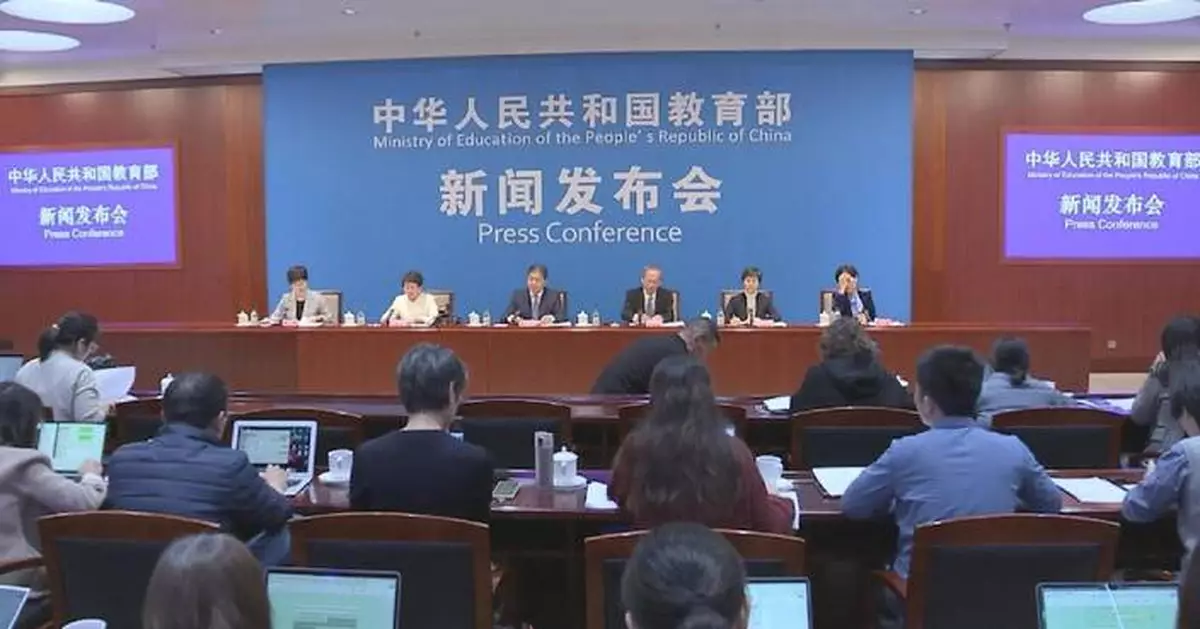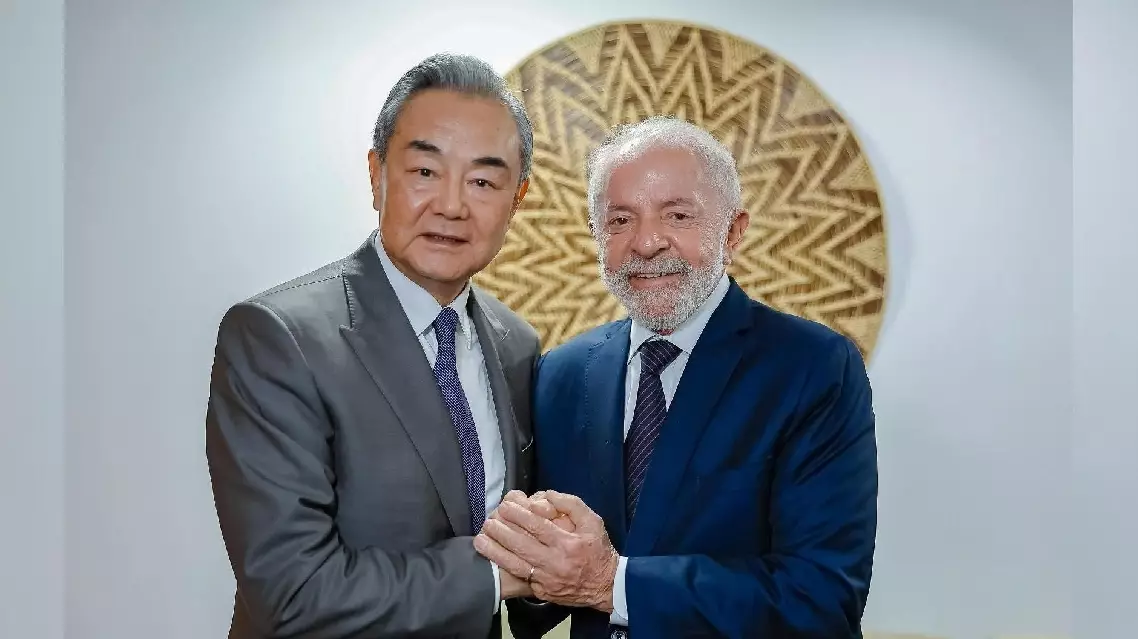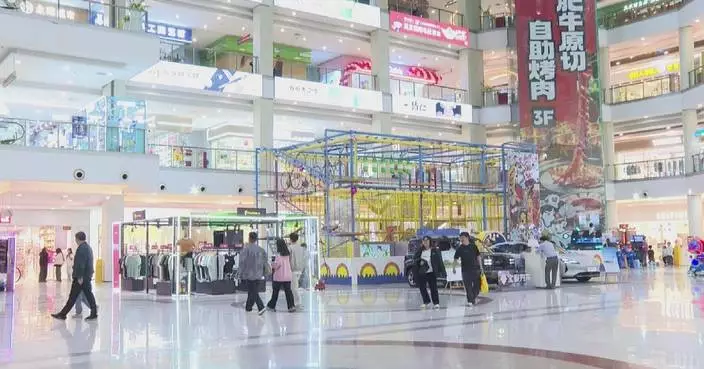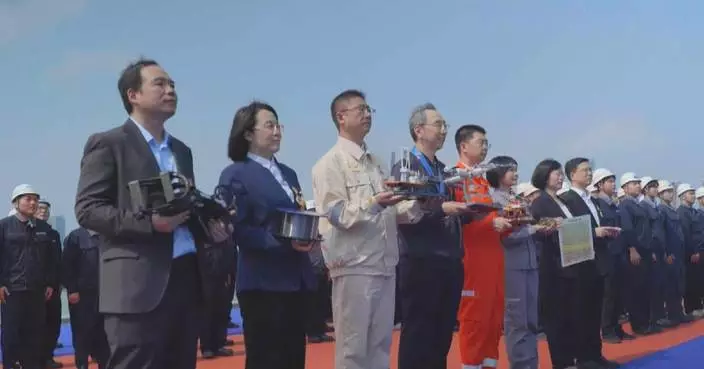No examinations or tests in any form will be allowed for preschool-aged children to be enrolled into kindergartens, China's Ministry of Education vowed on Monday.
The Ministry of Education held a press conference in Beijing on Monday to explain the preschool education law, which the national legislature adopted on Friday.
The ministry will enhance professional guidance for kindergartens to ensure that playing games is their primary activity and encourage them to create rich educational environments to support the children's active exploration and learning and promote their healthy and happy growth by playing games.
The ministry will optimize the distribution of resources, especially by increasing the availability of public preschools in areas with population influx. It will also strengthen the monitoring of preschool enrollment demand and supply in regions with large population mobility, ensuring that demand is effectively met while avoiding resource waste.
In areas where conditions allow, local authorities will be encouraged to optimize class sizes and student-teacher ratios and improve the quality of preschool facilities to achieve a higher level of resource allocation, according to the ministry.
Local governments at all levels are required to ensure that preschool-age children can conveniently access preschool education in areas near places where their parents or guardians work or live.
The new law, which will take effect on June 1, 2025, stipulates that preschool education refers to the nursing and education services provided by kindergartens and other institutions for children aged three and above before they go to primary school.
The legislation states that preschool education is an integral part of the national education system and an important undertaking for social welfare.
China has seen a rapid development in preschool education in recent years. Nearly 40.93 million children were enrolled in kindergartens across the country last year, accounting for 91.1 percent of all preschool-aged children, according to the ministry.
Removing preschool exams and tests also marks another step towards reducing the academic burden on Chinese kids and students. In 2021, China issued a document proposing the "double reduction" policy to reduce excessive homework and after-school tutoring hours for primary and junior high school students.
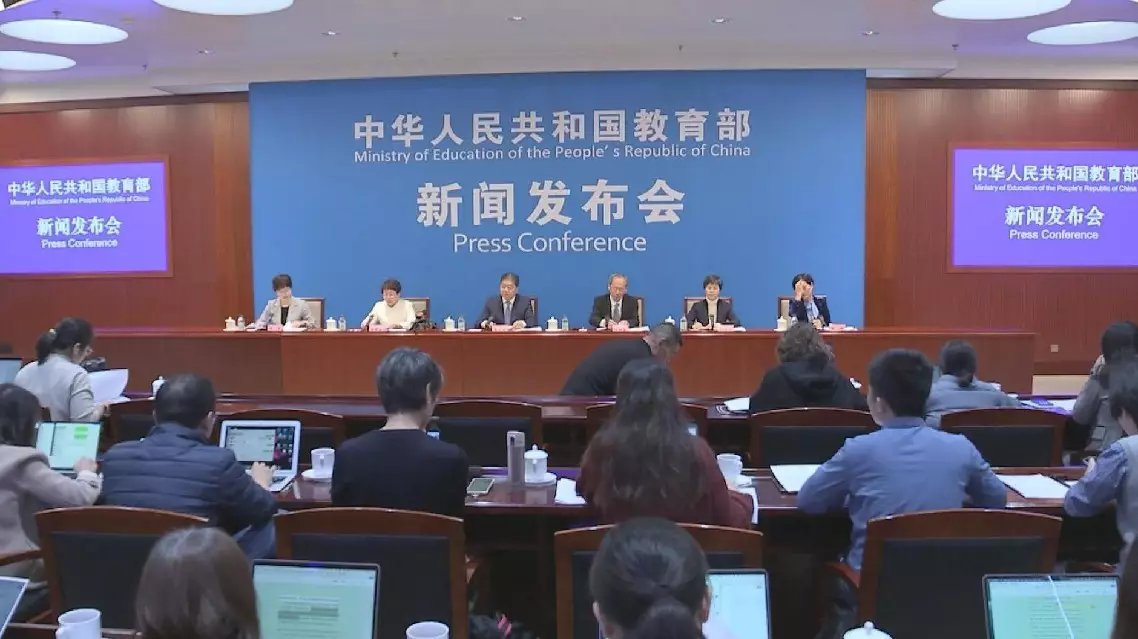
Kindergarten students should not be tested: education ministry


